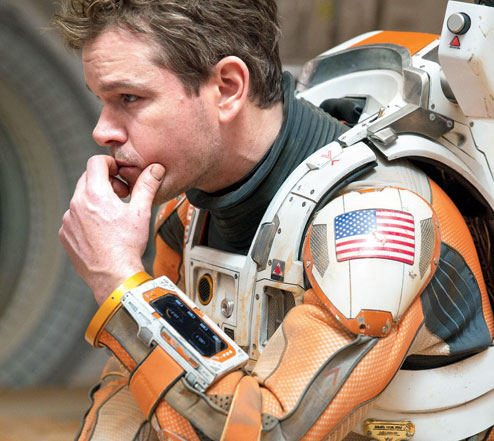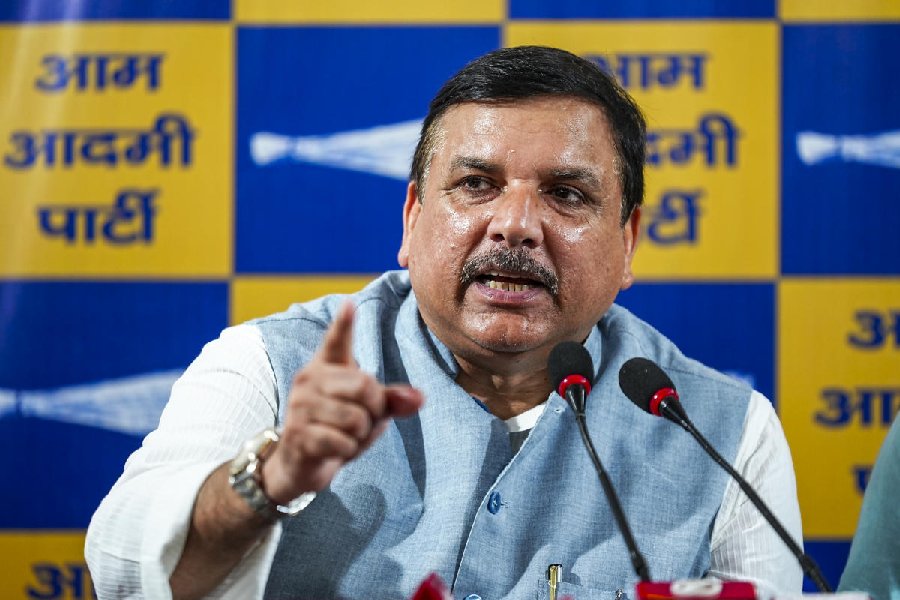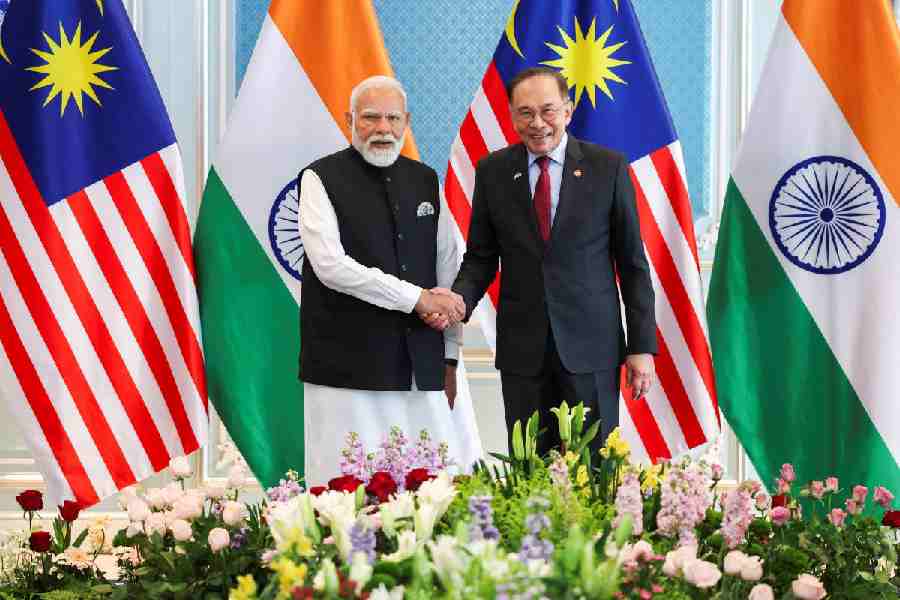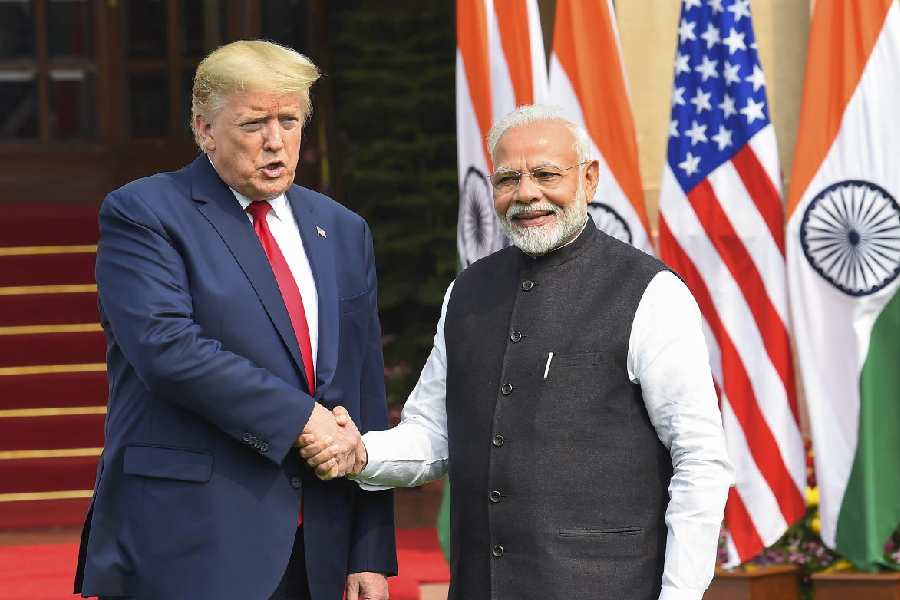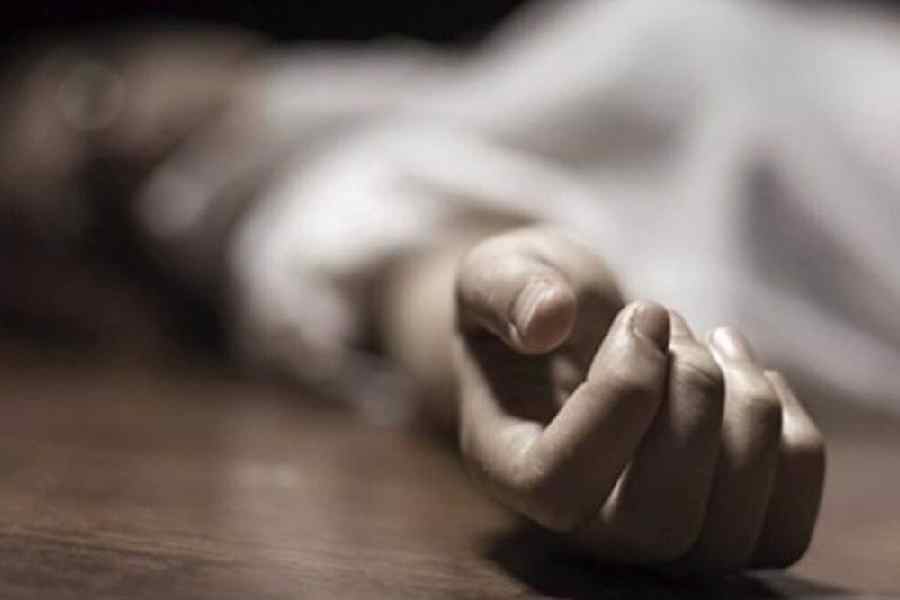
Matt Damon leads a stellar cast in Ridley Scott’s space action adventure The Martian, which is based on Andy Weir’s bestselling novel. The Martian is set in the near future and Commander Melissa Lewis [Jessica Chastain] and her crew on the Ares 3 are the first humans to land on Mars after an epic space voyage lasting months. But when a fierce sandstorm strikes their base camp, Mark Watney (Damon) is badly injured and presumed dead and left behind as Lewis is forced to abort their mission.
Alone on a remote planet, Watney must use all his scientific knowledge to eke out his meagre supplies — including planting and then harvesting his own potato crop. When he finally works out a way to let NASA know that he has survived, a team of international scientists work round the clock — and against all the odds — to try and bring ‘The Martian’ home.
The Martian features a star-studded cast that includes Kristen Wiig, Jeff Daniels, Michael Pena, Kate Mara, Chiwetel Ejiofor, Sean Bean, Donald Glover and Mackenzie Davis. It was filmed in Budapest and on location in Jordan.
A chat with Matt Damon.
Have you seen the film?
Yeah. I saw a rough cut a few weeks ago. The reaction, so far, seems to be good.
How did you come on board for The Martian?
I read the script and really liked it and went to meet with Drew Goddard, who had written it and was going to direct it, but before we made a deal, he got offered another movie to direct that he had been waiting to do for years. So he stepped off the project and I kind of let it go. Then about a week later, I got a phone call saying that Ridley Scott wanted to do it, so I raced over to his office and that was that.
Had you met before?
No, I’d never met him, which was odd because we’ve both been kicking around here for a while. We’d never met, even at an event or a cocktail party or anything, so that was great. The meeting was pretty easy — he basically just goes: ‘We’ve never met before’. I said: ‘That’s right’. Then he goes: ‘This script is great’. I said: ‘Yeah’. He said: ‘Why the hell aren’t we making this thing?!’ (Laughs) That was kind of the entire meeting.
Did you read the novel or script first?
I read the script first and really loved it, and then read the novel and then found out about Ridley being attached, and so that was the order.
What did you like about the story?
It was really the character. What Andy does so well in the novel, and what Drew captured in the adaptation, was all the stakes and the tension of being in this horrible situation, but the sense of humour that the character has. There’s a lightness that makes it really entertaining and fun and funny, but without sacrificing any of the intensity.
It could have been a very different film without that lightness...
Yeah, I don’t think it would be that fun to watch if it were a guy just white-knuckling it for two hours (laughs). I think that’s a very different movie, a very different experience. Ridley and I talked about that when we first met. I was talking to him about Touching the Void (2003), which is a movie I thought handled some of those existential questions as well as any movie I’ve seen recently, so how do you get some of that in there? You do need to feel the real danger and pressure and terror that this guy is living with, but you really want it to be entertaining and fun, which the book and hopefully the movie are.
Jessica Chastain spoke about going to NASA and meeting with an astronaut in preparation for her role in the film. Did you do similar preparation?
No, I didn’t do any of that (laughs).
I think all the actors got really physically fit, because astronauts are very fit, so that was a big part of our day in pre-production. From the moment Ridley and I started talking about it, he was talking about Robinson Crusoe, and how he always wanted to make that film, and how he saw a parallel with this one, and this was his chance to do that. So for me, the rehearsal process was sitting with Ridley and going kind of line-by-line and moment-by-moment through the script and playing out a plan of attack for what we wanted each scene to accomplish.
For a large part of this movie you’re on your own, with no other actors to bounce off. Is that something you discussed?
Yeah, we talked a lot about that, and that was really the central challenge for both of us. Not just for me — I think this was a challenge for Ridley because he’s got to balance the amount of solitude, and he’s got the other storylines to work. He’s got the NASA storyline and then the other astronauts who are making the decision to come back for me. Yeah, that was our central challenge with this particular story.
That central theme of getting someone home is very powerful, isn’t it?
Yeah, it really is. It’s the importance of one life and the idea that this type of exploration could be greater than one life, perhaps. The idea that people are willing to sacrifice things for ideas that are bigger than them. I thought all of that stuff was really powerful.
Did it make you think about whether you could have been an astronaut?
Sure, yeah, it’s tough to do a movie like that without thinking about some of that stuff and no, I don’t think I’m built for it. Luckily, there are some people who are.
What kind of personality do they need to do that remarkable job?
It’s that same spirit that the pioneers had. They crossed into the West, and many of them died doing it. It’s people who push the envelope. They’re explorers, and that’s what we need in order to keep going. Eventually we need to figure out a way to get some of us off this planet to ensure the survival of the human race, and those are the people who are starting that journey for us.

This film doesn’t feel like science fiction, it feels like this will happen very soon. Do you think manned missions to Mars are within our reach?
Yeah. When Andy Weir wrote the novel he wanted it to be really firmly based in science, the idea that this is not so far away for us. And the ways in which this guy survives are all actually what one would have to do to survive in that situation. It’s all completely based in science and that’s the fun of it, that it’s not science fiction — this really is right around the corner.
Is that why it was important to get the science right?
Well, that’s really the draw of the book — that if you’re going to actually do the thought experiment of, ‘could somebody survive on Mars?’ you can’t cheat. You have to really base everything in science and ground it, because if you’re asking the question seriously, even in a fun fictional situation like in a novel, you’re either asking that question seriously or you’re not. Andy was really asking that question seriously.
What was it like shooting day-to-day? Those space suits look pretty uncomfortable.
Ridley made it really easy. There were days where there was a little discomfort here and there. I got a little hot when we got to Jordan and we were outside in the desert. But we had cooling suits underneath that could mitigate some of that. I think this movie would have been unbearable with a different director, with someone who’s not really sure of himself. It would have taken about three times as long and would have been a much harder shoot, but with someone like Ridley, you know, he’s got four cameras going at once and he is just charging forward with an absolute definitive vision of what he wants, and is communicating that to all his department heads. It’s just fun, it really is fun.
Ridley shot the film in 3D, are you a fan of 3D?
I haven’t seen this in 3D yet, but Ridley was really bullish about it. He was excited about it, and we shot in 3D, with the 3D cameras, and he was really into it, so I’m reserving my judgement. I haven’t seen a lot of things in 3D and I guess
everyone is starting to think about shooting in 3D now, so hopefully the films will get better. I mean I think we’re all still learning about it.
Could you sum up the experience of making The Martian?
It was great. Just selfishly, I got to go to two new countries (Jordan and Hungary) that I haven’t been to, and I had a fantastic experience in both, and I’d go back to either and shoot in them in a New York minute. I really loved both places. But most of it is down to Ridley. He made it so fun, and I learned so much watching him. Just to work with a master is a blessing.
Mark Watney survives by growing a crop of potatoes. How is your relationship with potatoes these days?
I haven’t had one in months! (Laughs)
Finally, is it true you’re going to do another Bourne film?
Yeah, I’m leaving next week to start another Bourne and I’m looking forward to it.
Did You Know?
* The film was shot in Wadi Rum, in Jordan, a red-coloured desert.
* NASA was consulted on aspects of space and space travel, specifically in relation to Mars.
* This will mark the second time Jessica Chastain and Matt Damon have worked together on a space-related film, after Interstellar in 2014.
* The mission to Mars in the film emulates actual missions that NASA is planning in future.
* Irrfan Khan was the original choice for the role of Venkat Kapoor, but had to opt out because of a date clash with Piku. Chiwetel Ejiofor was then cast for the role.
Matt Damon was the right choice for this role because.... Tell t2@abp.in

